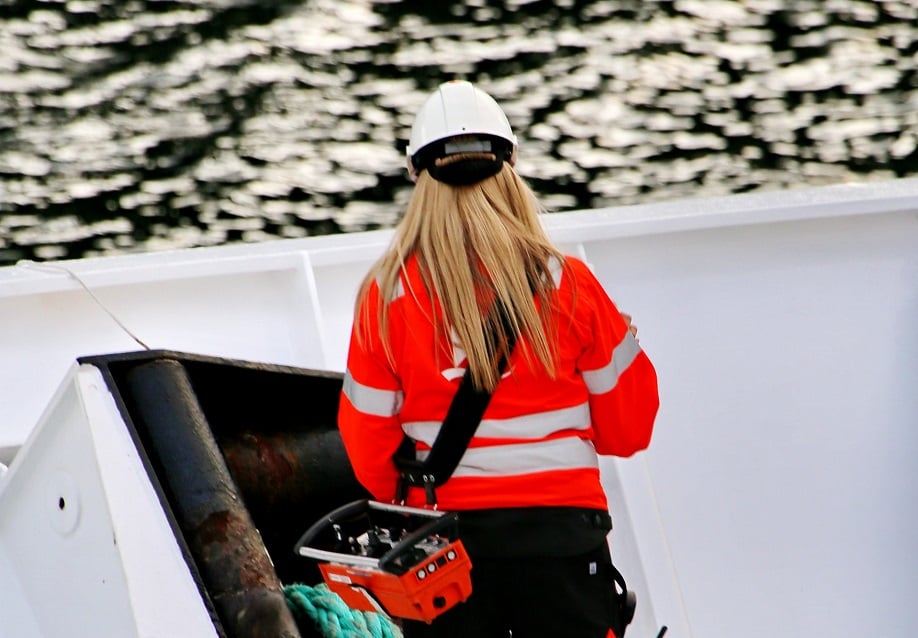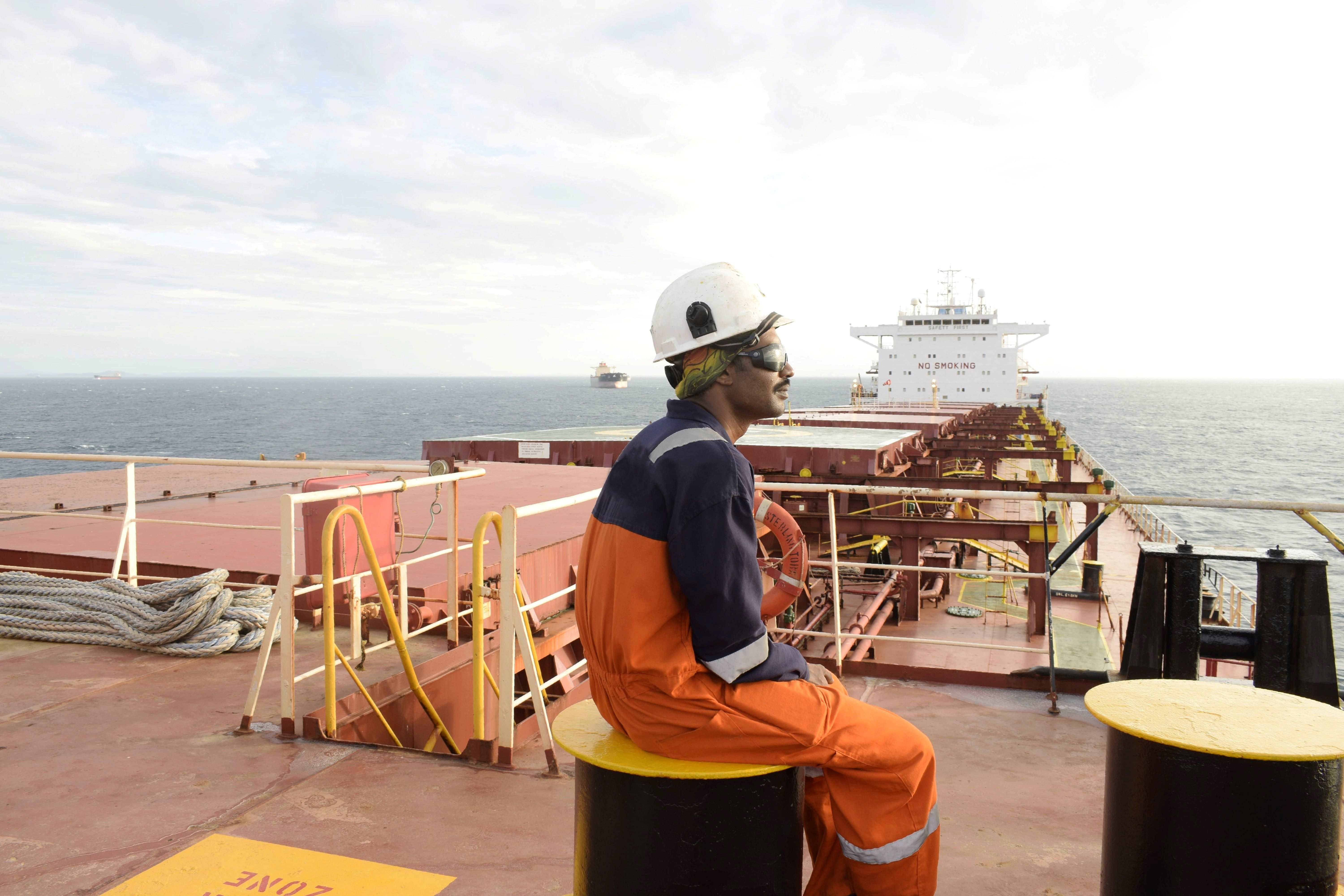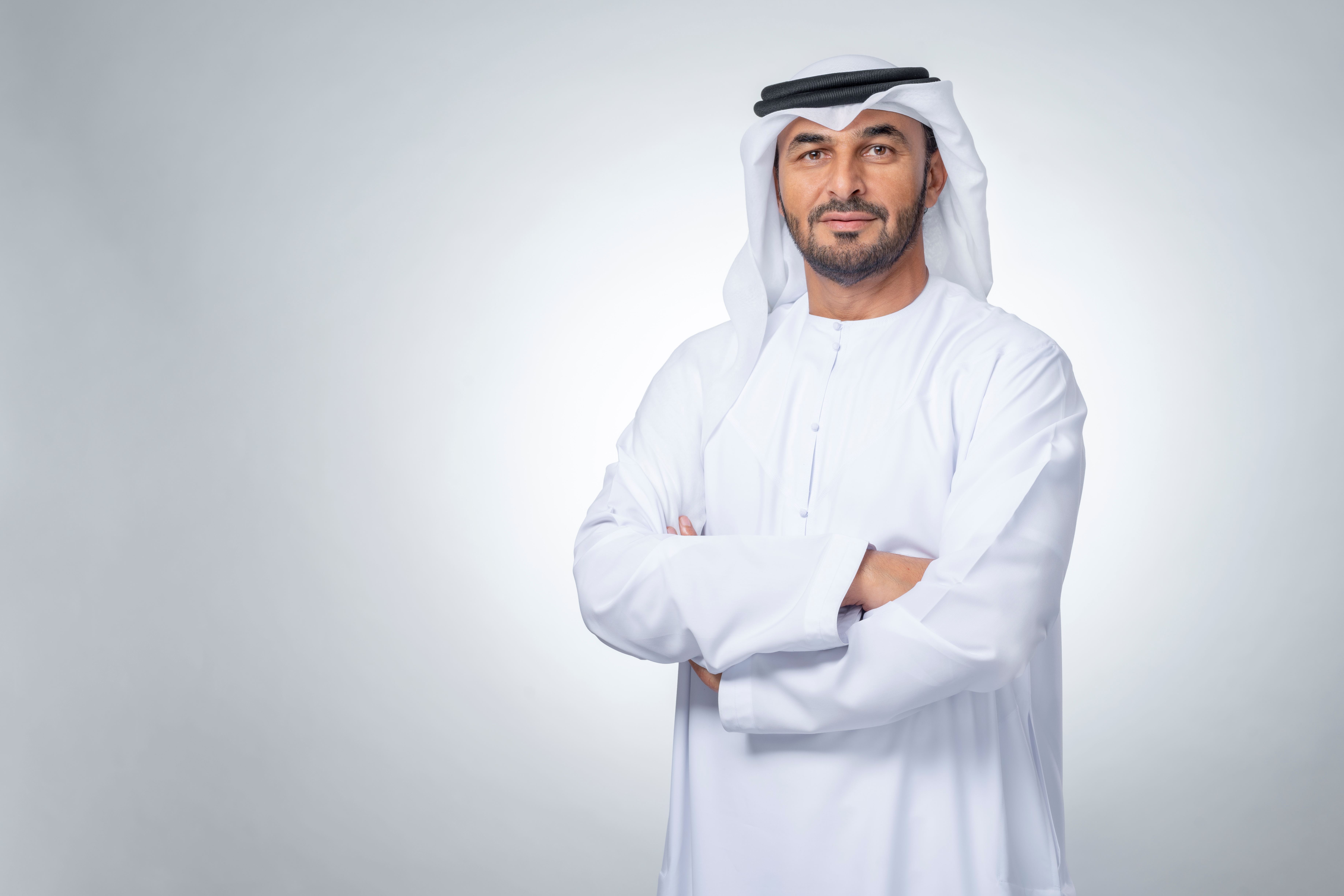ICS Leadership Insights: The Future Seafarer round-up
As shipping continues to deal with the challenges of COVID-19, representatives from shipping, government, industry, academia, and the UN met to discuss this and other transformative forces that will shape the needs and demands of the future seafaring workforce.
Opening the ‘Future Seafarer’ ICS Leadership Insights Live event on 24 March, Esben Poulsson, ICS Chair, vented frustration at the lack of government action on resolving the ongoing crew change crisis:
“I must state, yet again, my own and our industry’s bitter disappointment at the lack of action by far too many governments in adhering to the requirements of the Maritime Labour Convention and declaring seafarers as keyworkers, thereby playing their part in helping resolve the ongoing crew change issue. Less than half the countries that ratified this ‘bill of rights for seafarers’ have in fact recognised seafarers as keyworkers.”
Speakers at the event addressed the impact the pandemic and the crew change crisis has had on seafarers, their wellbeing and the way they view their roles. Gerardo (Dito) Borromeo, CEO, Philippine Transmarine Carriers (PTC) Group of Companies, noted wider industry concern that the pandemic would have a lasting impact on numbers of crew willing to stay in shipping, as well as the ability to attract new talent.
“From a Philippine’s perspective on crew supply it looks like there will not be a shortage; there is still a keen interest to go to sea. For us, it is more about how we will facilitate crew movement given COVID-19 roadblocks that have come in.”
Stephen Cotton, General Secretary, International Transport Workers’ Federation, noted the unique nature of the Maritime Labour Convention (MLC) and its ongoing importance:
“The MLC was created to provide a safety net for crew. It is critical to continue to protect seafarers. I’m pleased to hear some Filipino crew are not put off, but I am getting slightly different messages from other nationalities. We need to give the seafarers confidence over how we tackle this [COVID-19] process.”
Technology and training
Looking to issues on the horizon, all speakers noted the rapid pace at which technology is advancing and the need for shipping to be flexible and forward thinking to survive. Advances from automation, increased connectivity, and Artificial Intelligence, as well as a mix of green fuels on the horizon will affect the kinds of training and skills shipping needs.
Borromeo said:
“As the industry realizes what we are defining as that future, global maritime professionals, there has to be a stronger industry, academic linkage. So that we work backwards into that pipeline and begin to influence the development of individuals in terms of mindset, in terms of skillset, and have the flexibility.”
Despina Theodosiou, CEO, Tototheo Maritime, and President, WISTA, added that to ensure a diverse workforce and encourage more women into shipping, industry should also look at promoting seafarer careers to younger, school age children:
“Then, the selection processes to [maritime] schools and jobs, they must become neutral. With regards to gender, we need to make sure that once we have encouraged young girls from all cultures to follow these careers, then we keep the doors open for them.”
Mayte Medina, Chief, Office of Merchant Mariner Credential, U.S. Coast Guard spoke on the need for a move away from traditional classroom teaching where possible, which has already been accelerated by the pandemic:
“This would attract more seafarers and be able to ensure that they can spend more time at home when they are not onboard, instead of going to training institutions. Younger generations do not learn like we did.”
Regulatory revolution
Medina acknowledged how technologies rapid development and adoption in shipping has wide-ranging implications for regulation.
“The IMO is losing the battle of trying to keep up with technology when it comes to training. We saw that with ECDIS, we were behind by two years,” she said.
Greater regulatory flexibility will be part of the solution, Medina explained, including with competency certification and the SCTW convention.
“The elephant in the room is the SCTW convention. It is not obsolete. However, it is in need of taking care of, removing obsolete requirements and making changes to address new technologies coming right now and also in the future.
“We need to change the model in the future to go with very general requirements that all seafarers would have and then specialised training requirements for specific industry sectors.”
Diversity and industry transformation
Cotton told those listening to the event that shipping must experience an ideological change regarding how we view and treat the seafarer workforce. He said:
“Shipping is a success story of globalisation and redistribution of wealth to the global south but we need to create career paths that are gender friendly and look at diversity. We must invest in our own future which involves transferring of cost. The idea that shipping should be the cheapest denominator is our own challenge. If we want the best talent it can be expensive.”
Theodosiou expressed similar sentiments:
“There is also still too much of a tendency to treat seafarers from developing countries as third-rate citizens. These are people who will be responsible for regulatory compliance and efficiency about ever-more expensive assets.”
She stressed that shipping companies will need to provide career paths, support and respect seafarers, and lead on diversity to succeed:
Borremeo added the need for shipping to take heed of onshore HR developments to entice “the best and brightest” into the industry:
“We need to emphasize how shore-based companies put so much effort, and money and exposure to human resource development. Talking about the way people are treated. Then we’ve got to bring that same situation onto the ship.”
Watch the full event below:




